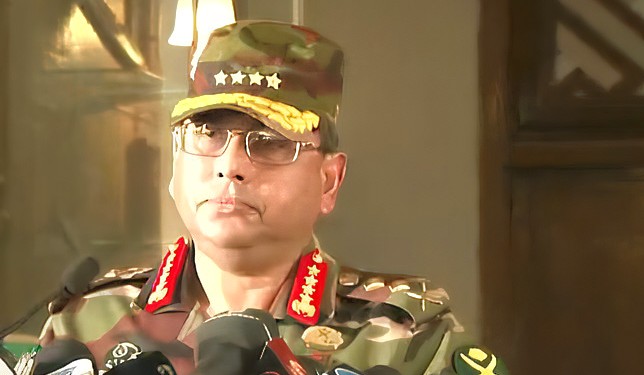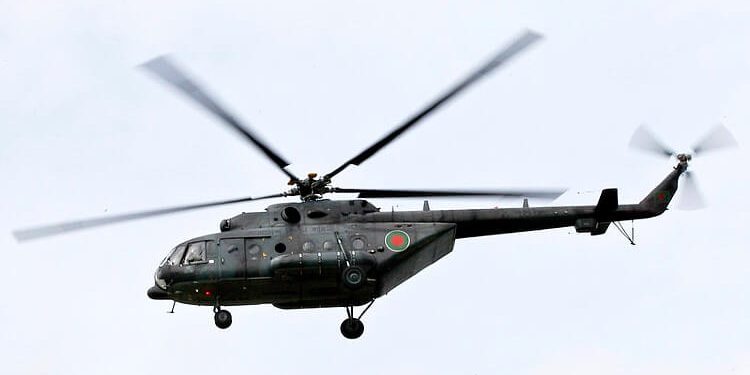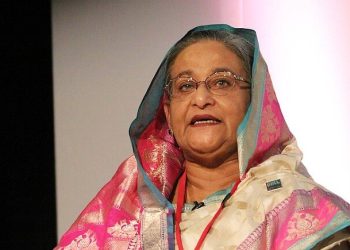In a dramatic turn of events, Sheikh Hasina, the Prime Minister’s sudden departure from Bangladesh via helicopter to Hindon Air Base near New Delhi has stirred controversy.
This unexpected exit, facilitated by the army chief, who is also the Prime Minister’s son-in-law, has raised significant questions about national security, political stability, and the influence of familial ties within the government.

The Army Chief’s Role
The involvement of the Prime Minister’s son-in-law Waker-Uz-Zaman, the army chief, in this event has been a focal point of the controversy.
His position within the military hierarchy provided him with the resources and authority necessary to orchestrate the Prime Minister’s escape.
According to sources, the army chief’s direct intervention was crucial in ensuring the safe and swift departure of the Prime Minister amidst rising political tensions.
Implications and Reactions
The implications of this incident are profound, affecting various facets of Bangladeshi politics and society. Critics argue that the close familial relationship between the Prime Minister and the army chief could lead to conflicts of interest, undermining the integrity of governmental operations.
This situation has prompted discussions about the potential for undue influence and favoritism within the highest echelons of power.
Moreover, the public reaction has been mixed. While some view the army chief’s actions as a necessary measure to protect the nation’s leader, others see it as a troubling sign of the military’s overreach into political affairs.
International observers have also weighed in, expressing concerns about the stability and transparency of Bangladesh’s government.
Broader Context
To understand the full impact of this event, it is essential to consider the broader context of Bangladesh’s political landscape. The country has a history of political unrest and military involvement in governance.
The Prime Minister’s sudden departure could indicate underlying instabilities or signal impending shifts within the government.
Historically, Bangladesh has experienced periods of turbulence where the military played a pivotal role. However, in recent years, there has been an effort to maintain a clear separation between military and civilian roles.
The current incident raises questions about whether these boundaries are being respected and what the future holds for Bangladesh’s political scene.
Main Points |
Description |
| Army Chief’s Involvement | Facilitated the Prime Minister’s escape using his military resources and authority. |
| Potential Conflicts | Familial ties raise concerns about conflicts of interest and undue influence. |
| Public Reaction | Mixed views; some support the action for safety, others criticize it as overreach. |
| Historical Context | Bangladesh’s history of political unrest and military involvement adds complexity. |
The Final Word
As the situation unfolds, the involvement of the Prime Minister’s son-in-law in facilitating this dramatic escape adds a layer of complexity to Bangladesh’s political narrative.
The confluence of military power and political maneuvering presents significant challenges for the country.
Observers will be closely monitoring the developments, which are likely to have lasting impacts on Bangladesh’s governance and stability.
Source: Bangladeshi Prime Minister Flees Amid Protests, Bangladesh awaits interim government, All Eyes Are on the Army






